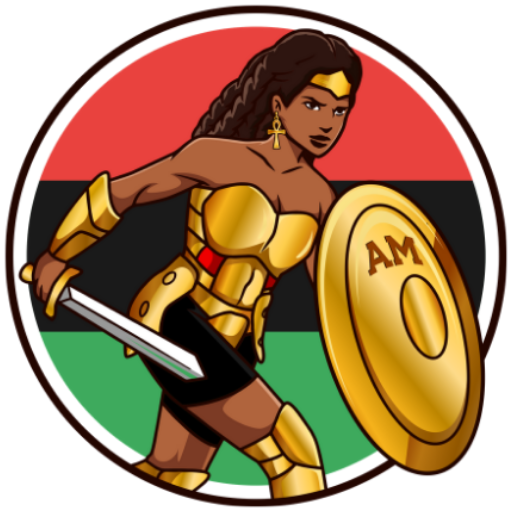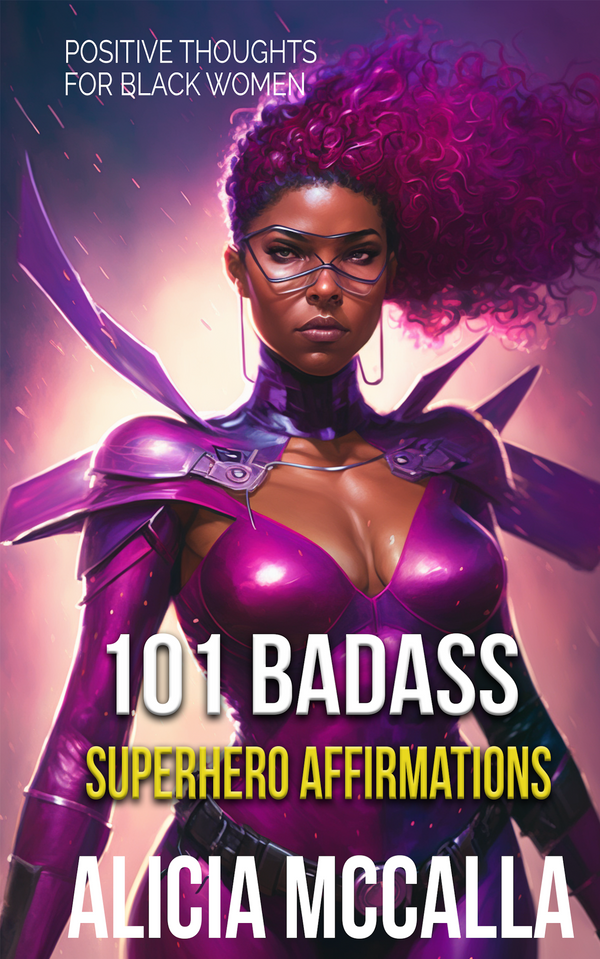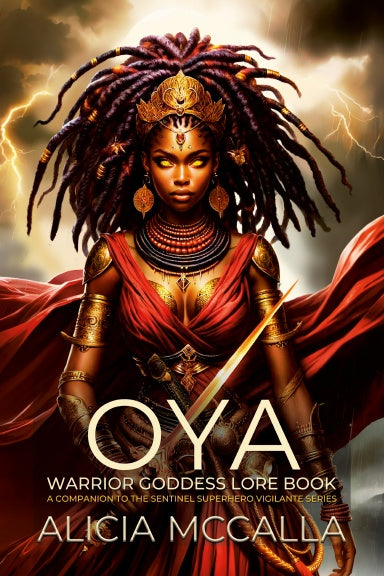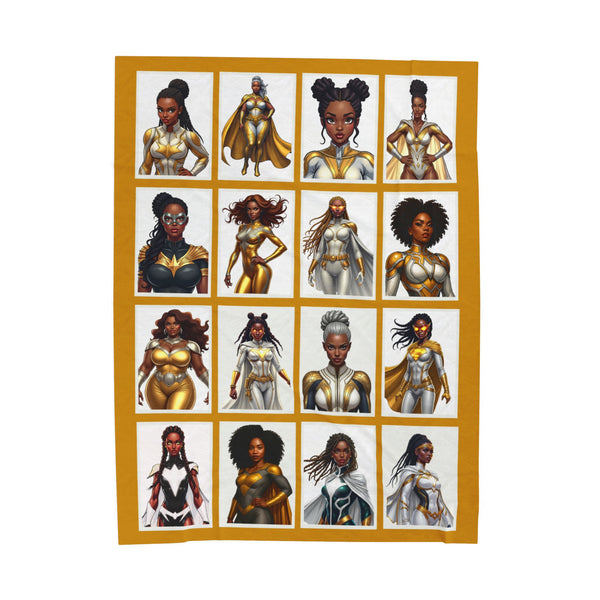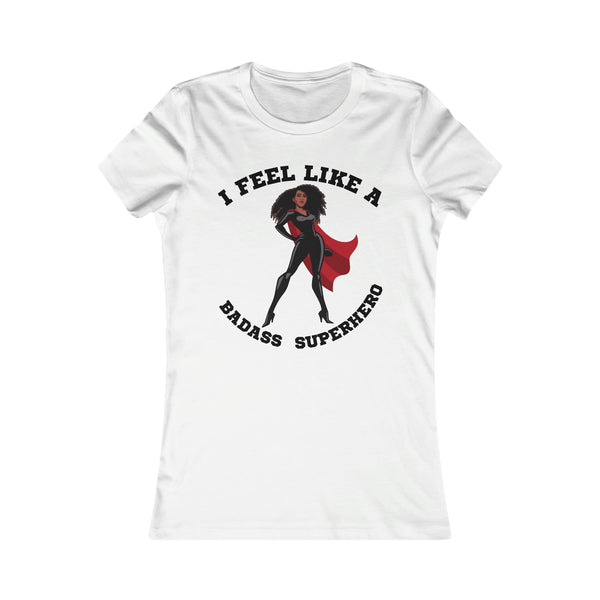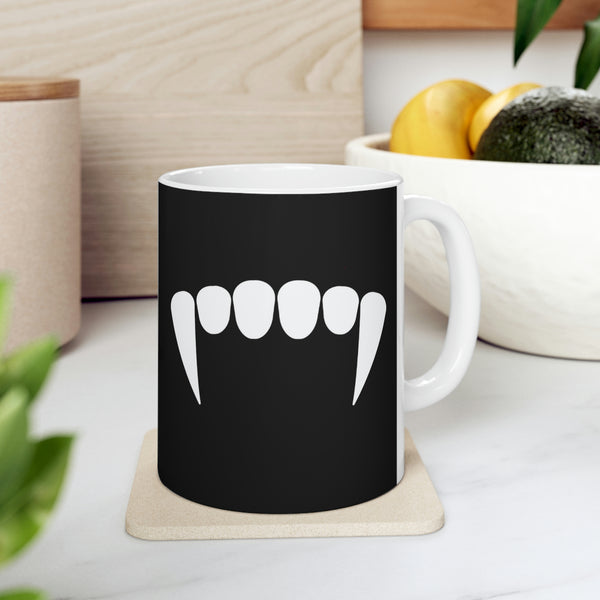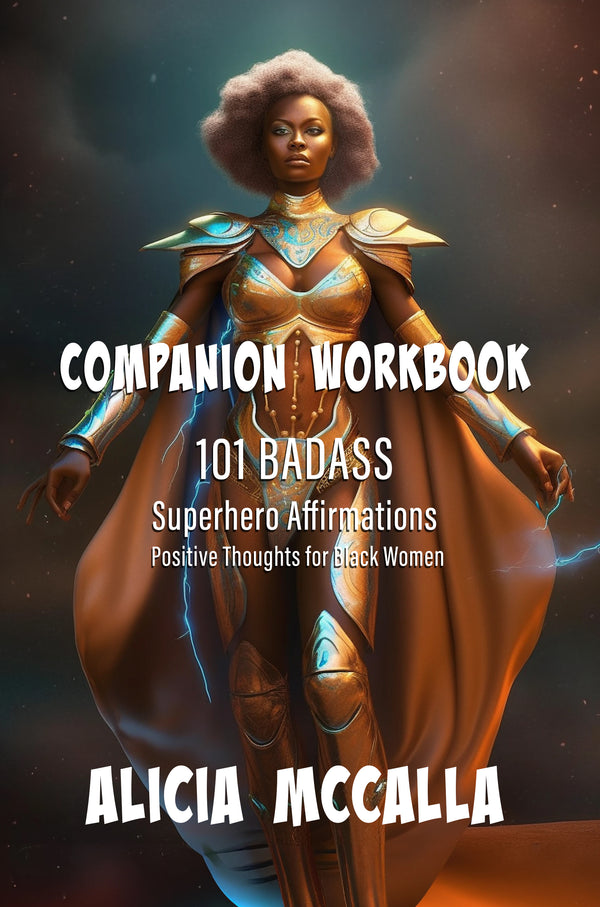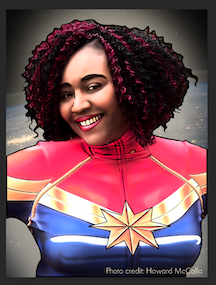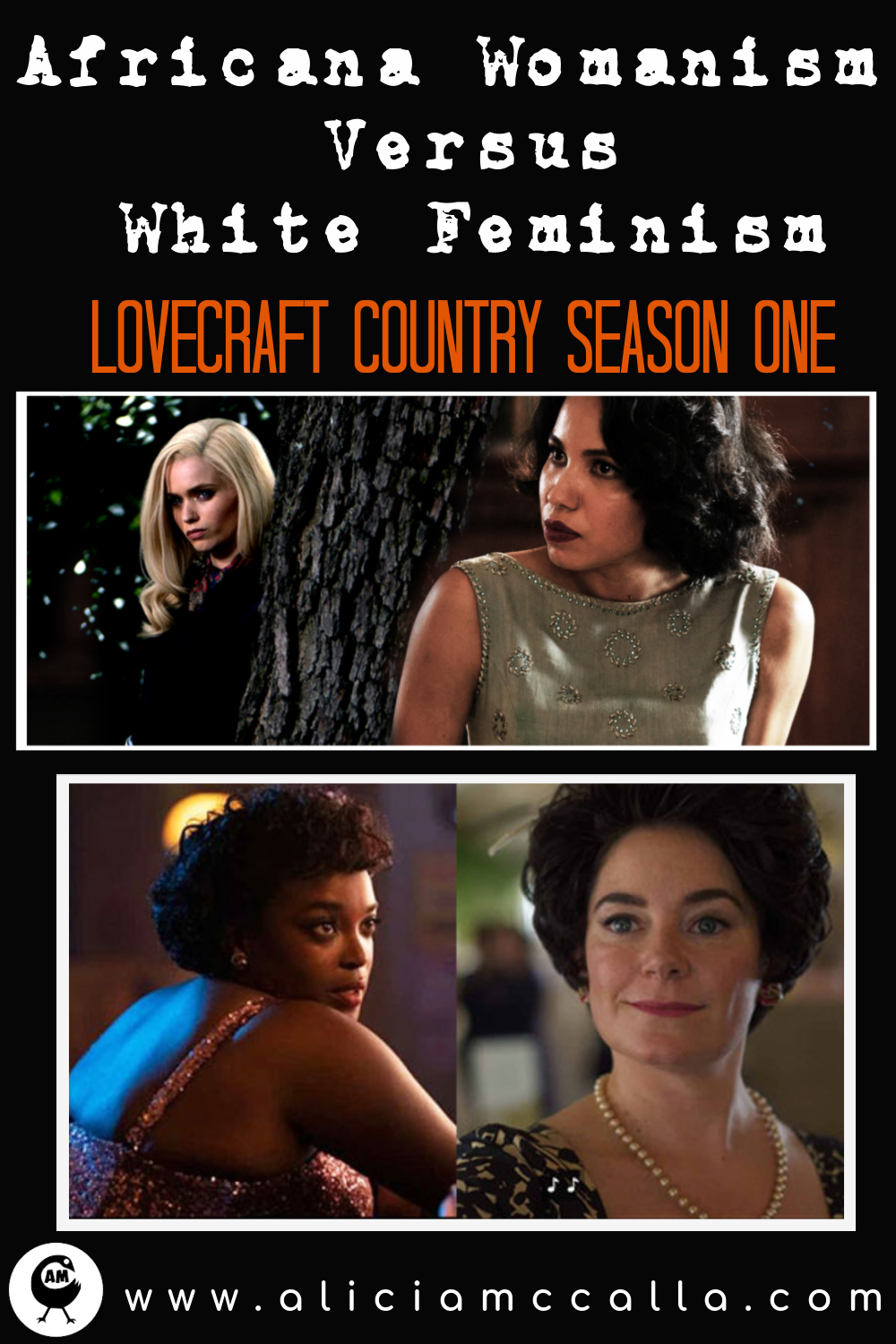
The Symbolic Battle Between Africana Womanism and White Feminism in HBO’s Lovecraft Country Season One
Share
Lovecraft Country is filled with the conflict, power struggle and clash between Africana Womanism and White feminism. In this post, I intend to prove that it’s the “true” underlying spine of Season One. SPOILER ALERT! If you haven’t watched Season One, then I suggest you go watch it before reading further.
So, I started discussing some of my ruminations when I was on a panel for FiyahCon 2020. BTW, FIYAHCON 2020 was freaking amazing! What was the panel?
Panel Name: Usurping Lovecraft
Panel Description: Lovecraft is an unequivocal racist. But his legacy influences and challenges BIPOC writers till this day. With the smash hit Lovecraft Country making a pop culture splash, how will BIPOC writers continue to challenge and inspect Lovecraft's legacy? How will they elevate it?
Moderator: K. Tempest Bradford
Panelists: P. Djeli Clark, Daniel Jose Older, Eden Royce, and Alicia McCalla
Here’s some of my notes from the panel.
There’s another dynamic that I connected with immediately in Lovecraft Country and that is the underlying Africana Womanist thought or theory. We start this series with Tic and the “Old Crone” on the bus where she shapes and defines his thinking, mission and ideas—all the way up to Episode 9 where he becomes the hero and savior of the past that he was meant to be… but along the way it is the power, strength and guidance of Black women that get Tic where he needs to be. I don’t know if anyone else notices the struggle between the Africana Womanist thought and white feminist thought but it is clear as day. In general, Black women do not feel the same conflict with black men that white women feel with white men in that feminist mindset. I’m not saying that some Black males aren’t sexist or that sexism doesn’t exist in our community but what I am saying is that Black women’s Africana womanist construct—their strength and freedom is not steeped in the hatred of Black men in the way that white feminism is seen as the hatred of white men. I could talk at length about how Black women, in general, love, support and protect Black men but that would head into a different direction.
Suffice it to say, there’s a white feminist power struggle in Lovecraft Country and that’s why Ruby is such a challenging character. The other black women, I would argue are Africana womanists but Ruby identifies strongly as a Black feminist and chooses the path of the white feminist power structure for which we all believe is no different than the white male dynamic. But I leave it right there… there’s a lot to unpack in all of that…
Here’s the continuation of my thoughts surrounding the clash between Africana Womanism and White Feminism in Lovecraft Country. And yes, I’m actually well-versed in Women’s Studies. I have a partial Master’s Degree in Africana Women’s Studies and took Women’s studies courses in Undergrad. So, I have some intellectual skin in the game.
***
What’s at play in Season One of Lovecraft Country? Many viewers might believe that the “real” struggle is Tic’s heroic journey but in my opinion, it’s the struggles that Black women have in relation to experiencing sexism and racism. In fact, the “true” conflict is Africana Womanism versus White Feminism.
I remember, years ago, when I was guest lecturing in a Women’s Studies program. I used Beloved movie to explain Africana Womanist Theory. One of the white female students raised her hand and said she didn’t find any merit in discussing the intersection of race and gender. For her, it didn’t matter, she was most interested in the conversation of the sexism that Black women have experienced. Never mind that her comment totally negated my and other Black women’s experiences but in truth, for me, and other Black women we can’t be a woman today and black tomorrow, for us that intersection always exists. This is clashing intersection where Lovecraft Country focuses…the inherent racism underlying feminist thought.
In Lovecraft Country Season One, you’ve got these four symbolic elements:
(1)White Feminist Power Structure
(2)Black Feminist Thought
(3)Third World Feminism connected to freedom from sexual slavery
(4)Africana Womanism
White Feminist Power Structure
Feminism has been discussed by many non-white women as being inherently racist. Mainly because many white feminist insist on only focusing on the issue that matters to them—sexism. These white feminist don’t acknowledge or see any merit in the intersection between race, class and gender. For them, if we just removed patriarchy everything will be better for everyone.
In the series, Christina Braithwhite is the white feminist who hates her father and white male patriarchy. She demolishes her sexist oppressors by killing her father, dismantling the un-deserving white males in magical leadership and supplants it with her own “new” white feminist structure. In some ways, we applaud Christina and think her new world order is better but for Tic, the outcome is the same…Black men must still be sacrificed and die. Her white feminist world might be kinder and friendlier but underneath the same “Eurocentric”, either/or, mindset is still not complementary to people of color and is inherently dangerous and racist.
Black Feminist Thought
A Black Feminist subscribes to the White Feminist mindset but she oftentimes might not hate Black males in the way that a white feminist despises white males but the Black feminist is wary of Black males and knows that, they too, hold patriarchal and thus sexist thoughts.
Enters Ruby.
She’s a hard character to stomach because she hates herself and desperately believes white is right. Deep inside, Ruby finds and sees freedom in the white feminist structure. So much so that she literally transforms into a white woman. Ruby relishes the freedom of being a white woman. She experiences great power and mistakenly believes that if she accepted this feminist power and was a white woman, her life would be better. In fact, deep inside, she’s experienced so much racial oppression and carries such a large dose of internalized self-hatred, that she’s sure the white world is better and if she was “white” things would be perfect for her. In this newfound freedom, she aligns herself with Christina believing that Christina has always been honest and deep down inside cares for her, because Ruby is an oppressed woman like her. Towards the end of Season One, it’s clear that Ruby doesn’t hate Black males but she certainly doesn’t trust them. She doesn’t understand why Leti would align herself with Black men (for the sake of nation building) and why Leti would potentially sacrifice herself for Tic and an unborn son. In the end, though, because Leti is her sister (and Ruby believes strongly in feminist power), Ruby sides with Leti and betrays Christina (rather chooses race over sex). Ruby loses her “Black feminist” life…. and thus, the white feminist structure kills her like it destroys all people of color because it is, at the core, a racist construct.
Third World Feminism connected with sexual slavery
Third World Feminism is linked closely to Africana Womanism. Third World women, do not hate their men, in the same vein that white feminist hate white men. But in many Third world countries, not only must these women struggle with deep seated patriarchy that diminishes the feminine history but also with ethnocentrism and cultural suppression. Moreover, colonialism brought constant wars and the advent of sexual slavery and oppression.
Ji-ah, exemplifies Third World feminism. Her mother’s decision to tap into retribution and allow her daughter to be transformed into a Kumiho, throws off the yoke sexual slavery and takes revenge on all men who seek to harm or hurt girls and women sexually. But in the harshness of war, Ji-ah learns to love Tic and decides not to fulfill her mother’s wishes. She remains a Kumiho as a show of defiance and power. Once her mother accepts her and passes on, Ji-ah embarks on the journey to find Tic. She knows they can never be together but nonetheless tries to reconnect with him. It’s in this Black American life, halfway across the world, she is accepted wholeheartedly by Black nation builders. They accept her for who and what she is… history and all. Ji-ah joins the Black family and assumes her place. After she joins them and soon understands her role, her other worldliness (being a Kumiho), is what she uses to help take down and destroy the racist power structure that also keeps her in bondage.
I’m thinking there’s a theme. People of color band together to create a world where racist whites are powerless.
Africana Womanism
An Africana Womanist is steeped in the building of a strong Africana nation. It’s about the liberation of Black people from a racist system (first) and respect for/restoration of the Black Matriarchy. Africana womanism is steeped in Afrocentric thought and is “complementary” and therefore opposite of Eurocentrism’s “either/or” dichotomy.
Leti Lewis and Hippolyta Freeman are the true Africana Womanists—they are Black Matriarchs, love Black males (even call out Black male’s denial of true feminine strength) and ultimately support Black Nation building.
Hippolyta names herself. She gives herself strength in agency when she’s lost so much, namely the love of her life, George Freeman. Hippolyta travels the universe to gain her strength through visiting the past heritage where she becomes one of the African warrior women who took down white male soldiers to seeing an Afro futuristic (empowering) future. This is what awakens her and Hippolyta accepts her genius and the fact that for years, she denied her curiosity and great mind—all in the name of fitting in to a world that diminished everything about her. She won’t allow that system to exist because she has a daughter to protect. Hippolyta opens the “physical” gateway within the cosmic universe and changes the power dynamic. She makes it possible for Tic, Leti, and Montrose to travel back in time to save Dee and set the plan in motion to remove racist whites from performing magic. Hippolyta is a true Africana Womanist and I suspect, in the end, will fix it all, like all Black Matriarchs do…
Then there’s Leti “fucking” Lewis the true revolutionary. Leti puts her hands on her hips, straightens her spine and faces down anybody who seeks to harm her or her people. “White male power structure…You betta recognize me and “No, you ain’t gon’ do that.” Leti is not a victim even when she is victimized. We see her face down white male poltergeists, white male police officers and in the end, the white feminist power structure. When Leti stands up, the white racist power construct falls even if it costs her. Yes, Leti loves Tic but like all Black matriarchs, she’s a realist and knows the order of things. She knows Tic will be sacrificed but helps him accomplish the goal in the end, to remove white racist’s access and ability to the magical world.
So these are my final thoughts. It’s pretty clear that the true spine of Lovecraft Country Season One is the symbolic battle between Africana Womanism and White Feminism.
What do you think? If you have some thoughts about my post, let me know. I love discussing theses kinds of topics.
Also, if you enjoy reading Black women’s horror with African Womanist undertones, try my African Elementals series.
Finally, the librarian in me, just can’t help it. Here’s a few books that you’d want to read to learn more about Africana Womanism.
